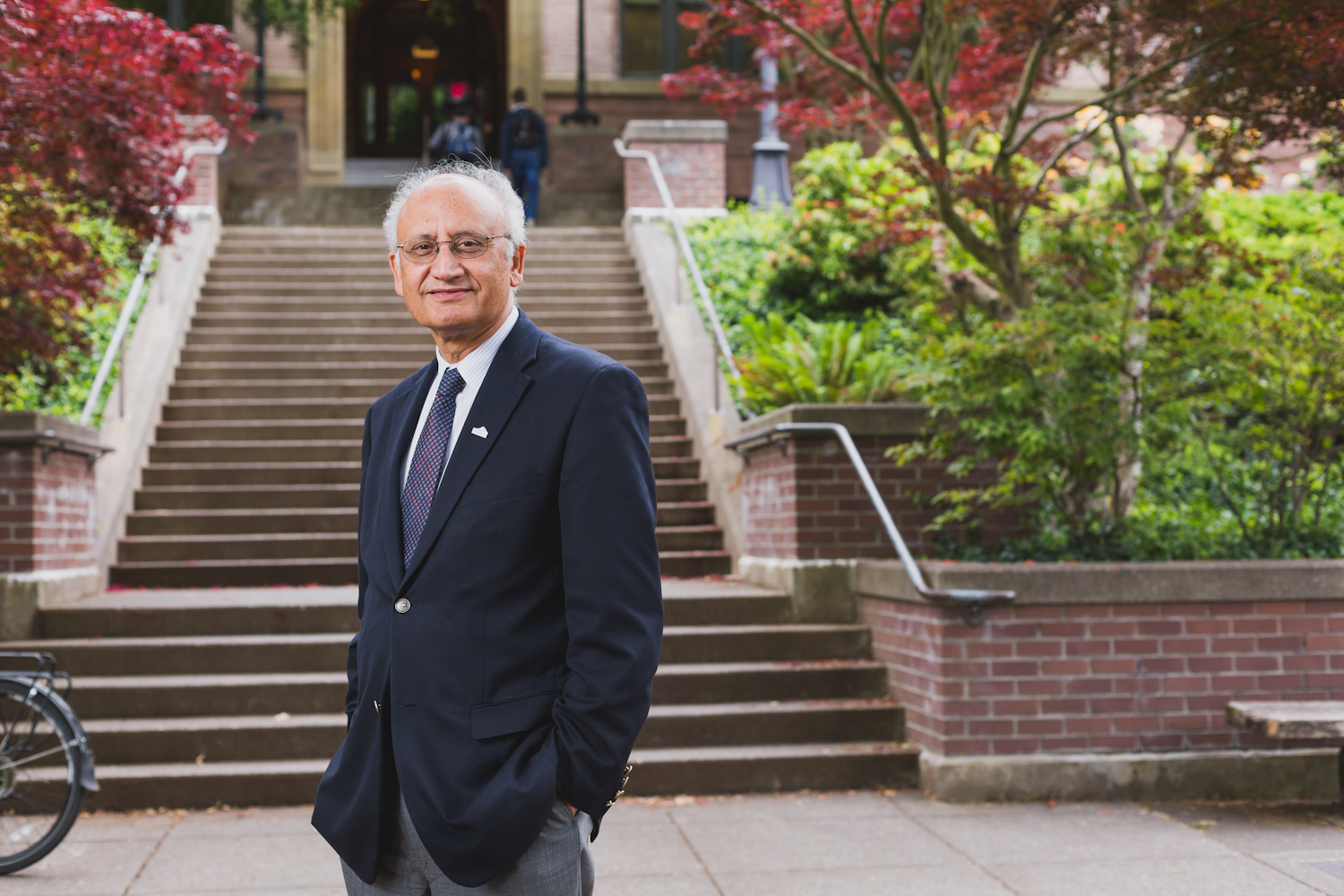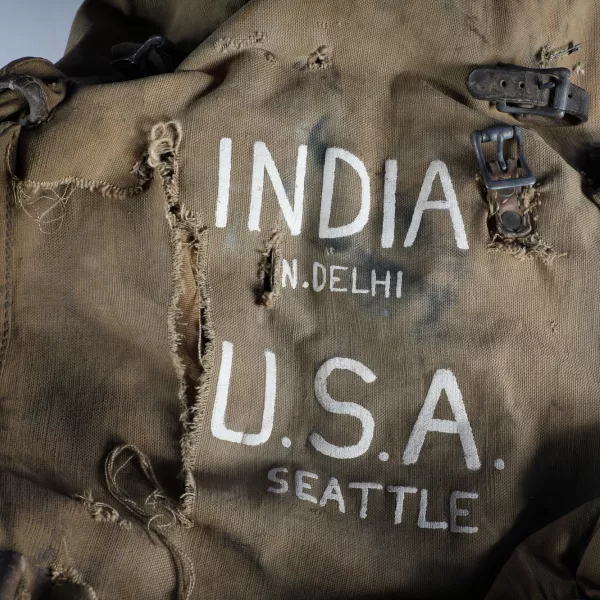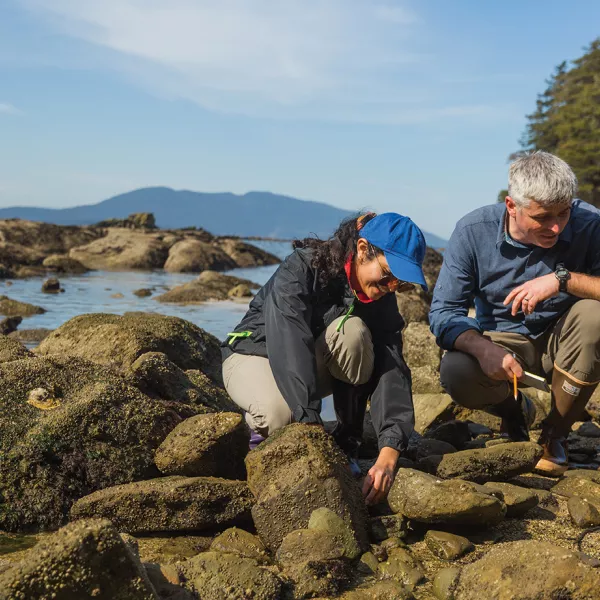In this issue we explore some fascinating research projects at Western, from luring cybercriminals with “honeypots” and studying one of the nation’s most dangerous volcanos in Alaska, to inventing a new life for ocean plastics.
This kind of hands-on research working alongside world-class faculty mentors is rare for undergraduate students and it’s one of Western’s top selling points, helping us gain notice on a national stage.
In 2021, WWU was ranked 20th in the nation by the National Science Foundation among all non-doctorate-granting institutions for total research & development expenditures of $13.45 million. And we are ranked in the top 10, out of 849 baccalaureate institutions nationwide, for graduates who go on to earn research doctorates.
We think a big part of the reason for this success is the early experience that undergraduate students gain by participating in rigorous and meaningful research. This kind of experience is a powerful learning environment that goes beyond what is taught in the classroom and enables students to apply knowledge they are learning in their classes to more specific questions in their chosen disciplines.
Research activity at WWU is also supported by growth in our graduate degree and certificate programs, now numbering over 30 in STEM, education, the arts and humanities, and social and health sciences. This includes the Master’s in Teaching and Rehabilitation Counseling, which was just ranked 19th in the country in the most recent graduate school rankings by U.S. News & World Report.
And soon, Western Washington University will be able to offer more applied doctorate degrees under a law passed in the recent 2023 legislative session. Western currently offers two applied doctorates in audiology and the new Doctor of Education (Ed.D.), the first cohort of which will graduate this June.
Perhaps most importantly, engaging in real-world research helps create important personal traits such as tenacity and focus that are helpful in every facet of life.
Speaking of tenacity, Uzma and I recently had an opportunity to visit with Hardev Singh and Narinder Shergill. Mr. Shergill, ’62, M.Ed., hitchhiked from India to Seattle before enrolling at Western. His arduous journey to America, detailed in this edition, is filled with inspiration, resiliency, adaptation and success. The Shergills’ determination for a better future continues to this day with their commitment to a scholarship fund to support single parent students at Western.
Please read on to learn more about how the research and people of WWU are helping to create a better future for vulnerable communities on land, sea and in the virtual world.


